Your Delhi Agra Jaipur tour by car package, or the golden triangle tour, might already be having all the wonders of Delhi. But neither any man nor any plan is always perfect. So before you hop into your ride for Jaipur to outstation by car, here are 3 historical forts of Delhi that “must” visit to make your Delhi experience unforgettable.
Red Fort:
Red Fort was built in the year 1648 by the fifth Mughal emperor, Shahab-Ud-Din Muhammad Khurram, as the palace for his capital “Old Delhi”; called “Shahjahanabad” in those times.

Hailed as the zenith of Mughal Architecture, the many pavilions of the fort contain architectural elements that represent a fusion of Mughal, Persian, Timurid, and Hindu traditions. UNESCO identified this 17th-century marvel as a world heritage site in 2007, with its official name Red Fort Complex.
Purana Qila (Old Fort):
Renovated and renamed to “Shergarh” in 1533 by emperor Sher Shah Suri of Suri dynasty, the Archeological survey of India concluded the fort to be the capital of Pandava kingdom Indraprastha. Edward Lutyens, the chief architect of New Delhi, aligned the Rajpath with Purana Qila.

Old Fort has three arched gateways, which are still in use. First is “Bara Darwaza”, or Big Gate, which faces west. The second gate is called Humayun gate, or more popularly known as South gate by the locals. Finally, the third one, Forbidden Gate, popularly known as 'Talaqi Gate'.
The fort has been witness to many great events of historical significance. Like the coronation of the great Hindu king Hem Chandra Vikramaditya; or Hemu. The event took place at the premise of Purana Qila after Hemu defeated Akbar’s forces in the Battle of Delhi in 1556. You simply can’t afford to miss a visit to the ancient and historical Purana Qila when planning your Delhi Agra Jaipur tour by car package.
Salimgarh Fort:
Built in 1546 in a former Yamuna(river) island by Salim Shah Suri, Salimgarh Fort is a witness to the 15-year pause in Mughal reign over India. The pause happened because of the defeat of Mughal ruler Humayun by the hands of Sher Shah Suri, founder of the Suri dynasty in India. Aurangzeb later turned Slaimgarh fort into a prison, a practice which was continued by British rulers of India to push back the revolt of 1857. After the revolt was put down, Britishers started using the fort for an army base camp but soon resumed its usage as a prison during the Subhash Chandra Bose led Indian National Army(INA) revolt.
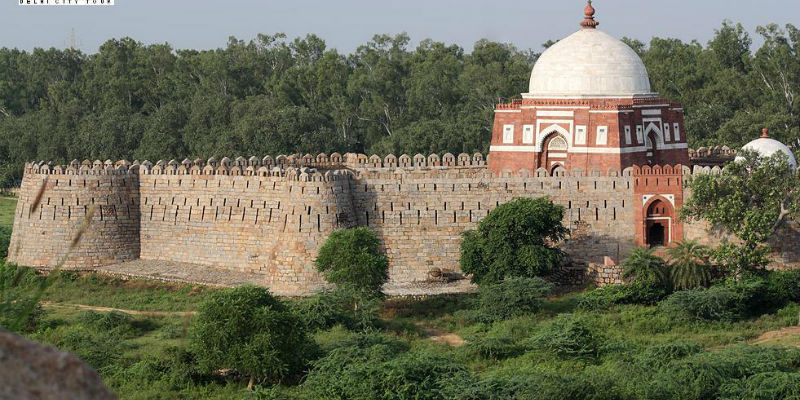 After understanding the historical and archeological importance of the site, UNESCO declared the fort complex as a World Heritage site in 2007.
After understanding the historical and archeological importance of the site, UNESCO declared the fort complex as a World Heritage site in 2007.
If you are planning to go Jaipur to outstation by car to visit the many monuments of old and New Delhi, then we, at ICT, could help you get the best out of your tour plan.
Also Read: 3 “Must-Visit” Historical Places in Jaipur
For more info, Visit: Indiacarntours

 Log in with Facebook
Log in with Facebook 

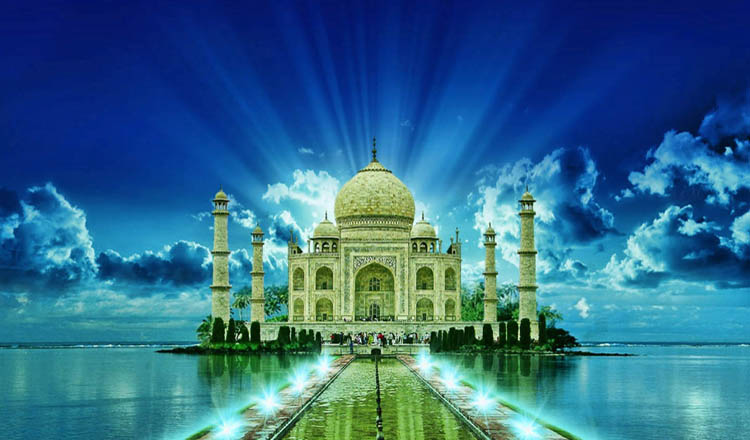


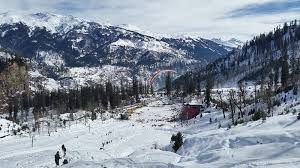
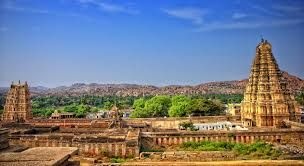
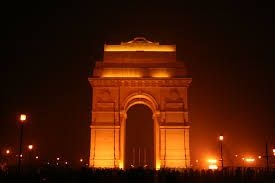
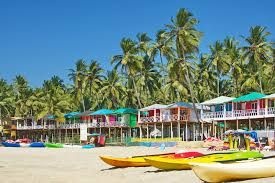
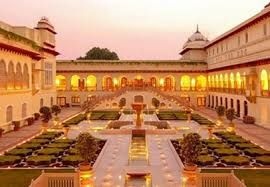


 After understanding the historical and archeological importance of the site, UNESCO declared the fort complex as a World Heritage site in 2007.
After understanding the historical and archeological importance of the site, UNESCO declared the fort complex as a World Heritage site in 2007.




